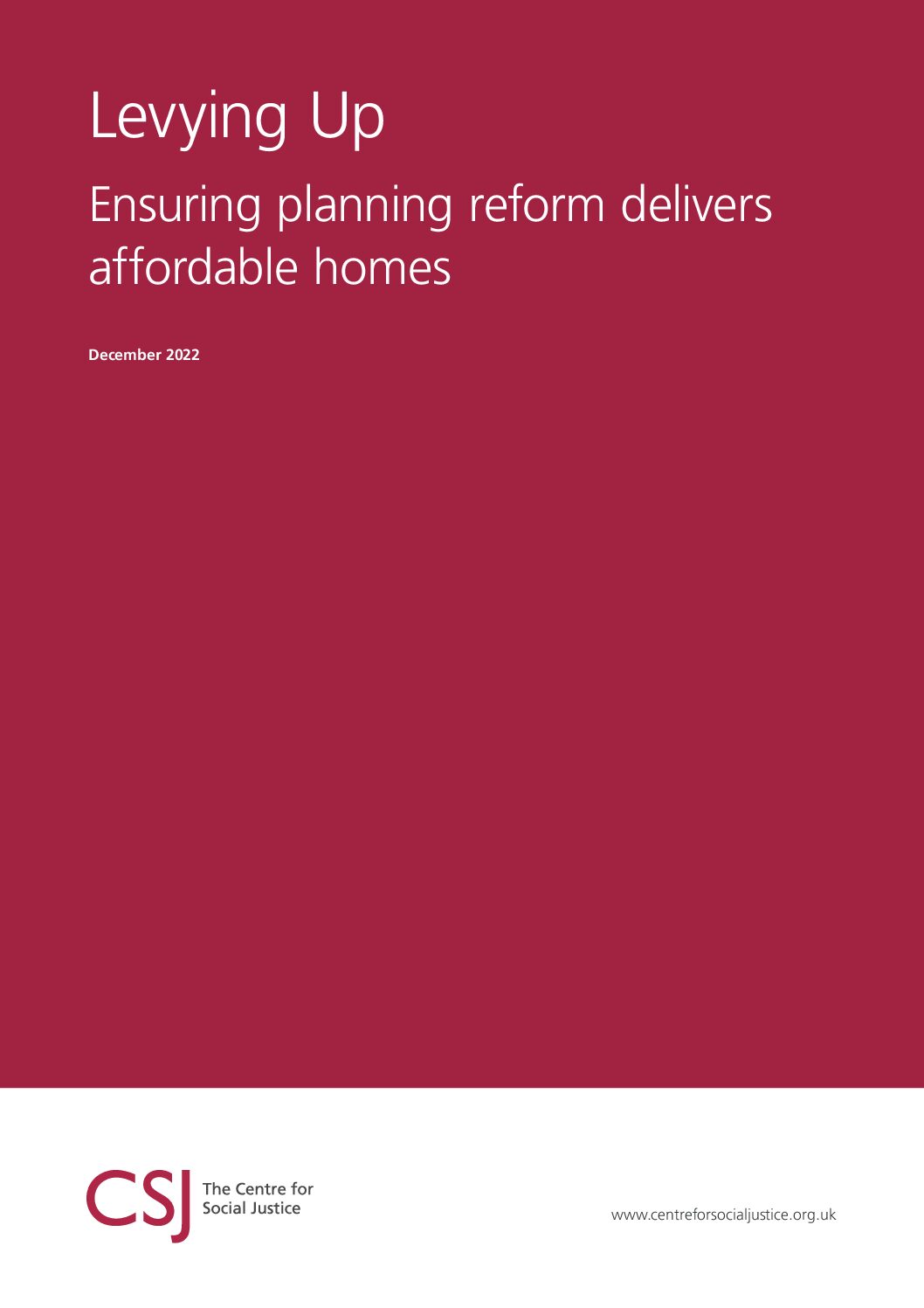
Across the country, families are struggling with the rising cost of living. I’m proud that the Government has responded to this crisis by ensuring the most vulnerable are protected, raising benefits in line with inflation and helping all households with soaring energy bills.
But while these measures are needed today, the work must continue to bring down the cost of living over the long term. For most families, housing is the single largest monthly expense. This puts housing at the heart of any long-term solution to the cost of living crisis.
The problems in housing today are deep-rooted, becoming overgrown and entangled over several decades. I saw this first-hand before joining Parliament working for YMCA Birmingham, a charity for young homeless people. Helping people navigate the tragic reality of losing their home is never easy. But the acute shortage of social housing in much of the country is making the fight even harder.
Of course, it’s not just those at the sharpest edge of the housing crisis who are struggling. New analysis presented in this report shows the increased difficulties nurses, teachers and other keyworkers are now facing with their housing—across all regions of the country.
This issue is so serious in the West Midlands that our Combined Authority has re-defined ‘affordable housing’ to link local housing costs and incomes—explicitly to help keyworkers and provide quality housing for them. As research by the Royal Society of Public Health identified, 55% of commuters report that their commute increases the time they spend feeling stressed, whilst 44% report that it decreases time they spend with their families. Indeed, as the CBI have demonstrated, investment in affordable housing is crucial to reduce urban congestion and commute times—thereby improving labour market mobility.
As Chairman of Walsall Housing Group I saw the real difference affordable housing makes to both our working and family lives, enabling people to live near workplaces that would otherwise be out of the question. This means parents spending less time travelling and more time with their children—ensuring the frontline workers who can’t simply “Zoom in” are arriving at work better able to provide the public services we all deserve.
During my recent time as minister with responsibilities for housing, homelessness and rough sleeping, I was pleased to support the Government in bolstering the supply of affordable homes and advance generational reforms for renters. I know from experience that the current Secretary of State, Michael Gove, rightly recognises the importance of housing as a key issue of economic efficiency and social justice.
I believe we can and should go further in this mission.
One of the areas that is central to this is in improving the system of ‘developer contributions’. We need to ensure the uplift in values from building development delivers more for the common good. The present system of ‘Section 106’ agreements creates too much uncertainty. That is why the Government has rightly sought to introduce an Infrastructure Levy to make this system more ambitious and sustainable.
However, with almost half of all new housing association homes funded through developer contributions, we have to get these reforms right. We need to deliver more affordable housing at rents that are truly affordable for local people. And we must ensure that economically struggling communities are not left further behind as a result of changes to legislation.
I welcome this report from the Centre for Social Justice, which makes a valuable contribution to the public discussion on this issue. It makes recommendations that are worthy of serious Government consideration.
In particular, it would be good to see stronger safeguards in primary legislation, rather than in regulations, for protecting and increasing the existing levels of affordable housing supply funded in this way—including the number of homes built on-site in mixed communities. Given the serious need for more affordable housing and community infrastructure when new homes are built, the Government should seek to ringfence Infrastructure Levy receipts for these purposes. The Government should also ensure100% affordable housing developments are not hindered through the Levy.
In addition, this paper is right to point out that most areas prioritised for levelling-up have lower land and development values. This means that Infrastructure Levy receipts in those areas will be lower, so less will be available for local housing and infrastructure compared to higher value areas. As the CSJ argue, Government must scale up capital investment, especially in left-behind communities, to ensure the Levy does not maintain or further entrench economic inequalities.
Beyond this, I welcome the CSJ’s calls for a planning system that is better resourced, technologically pioneering, and increasingly facilitating community-led housing. Furthermore, much more can and should be done to ensure that when public land is sold off, it is used for supporting the supply of affordable housing. This is especially important since land is the most expensive ingredient in providing a social home.
If implemented, this report’s recommendations will unlock homes that will improve lives up and down the country.
Ultimately, this is not about housing “units” or “stock”, but quality homes that will enable families to thrive. Helping keyworkers to live closer to their workplaces. Letting parents spend more quality time with their children. Supporting families save towards buying their own home. And reducing the number of lives blighted by homelessness.
A more secure, sustainable, and ambitious future for affordable housing will help protect our country against future cost of living crises. We must use housing policy as a key to unlocking the potential in communities that have for too long been left behind.

